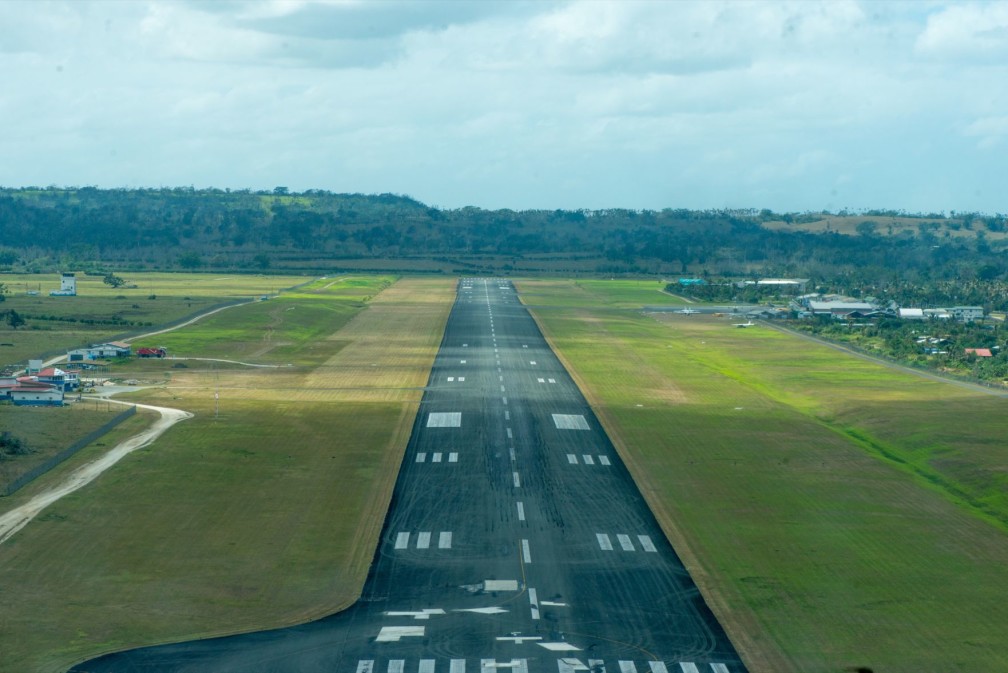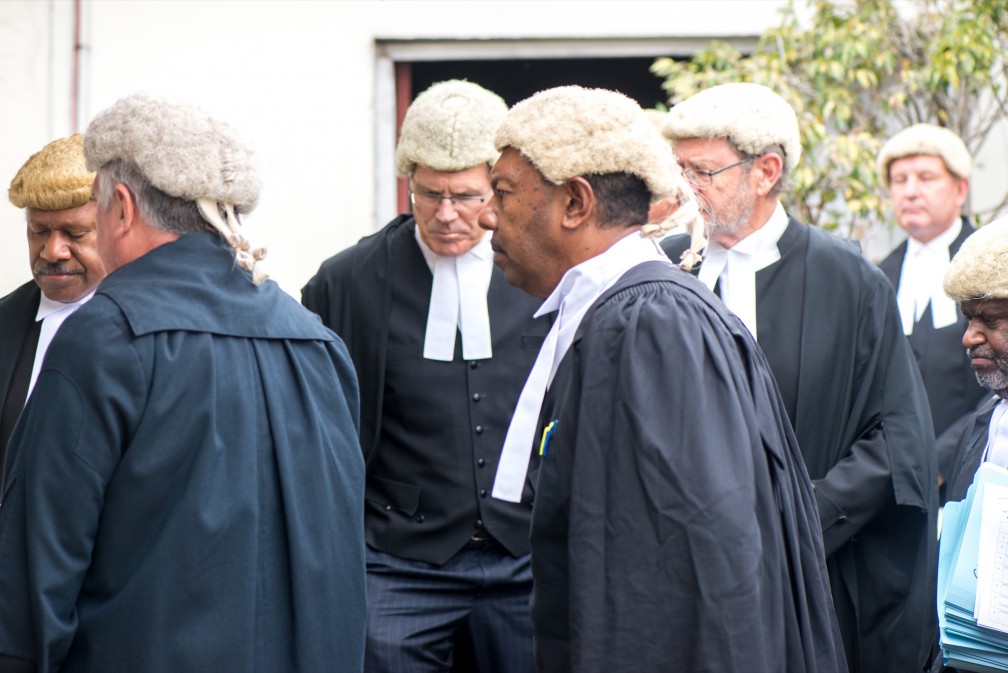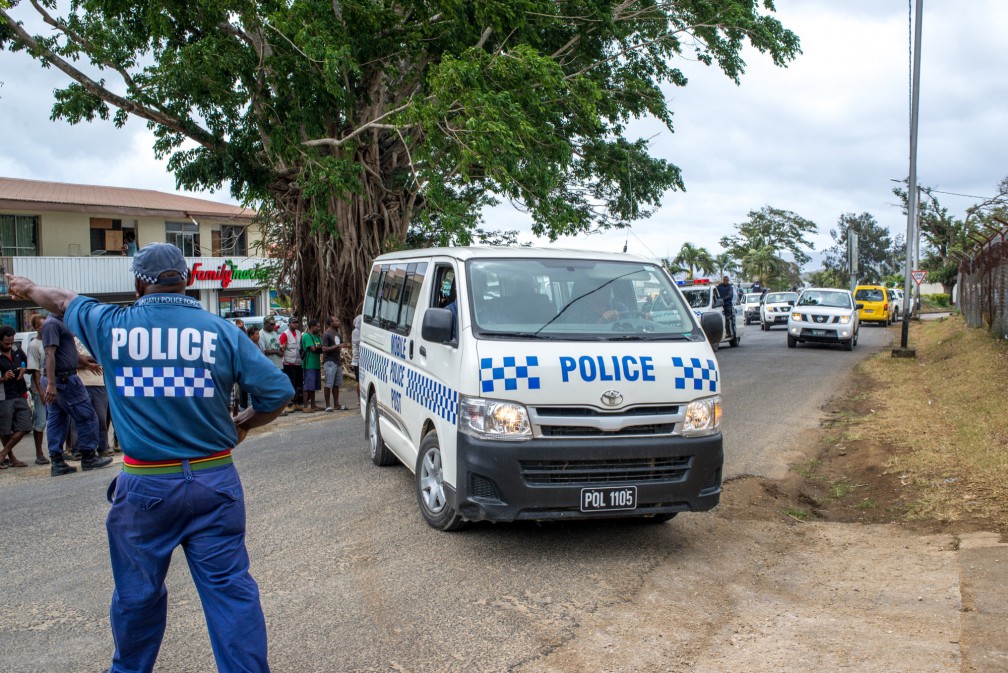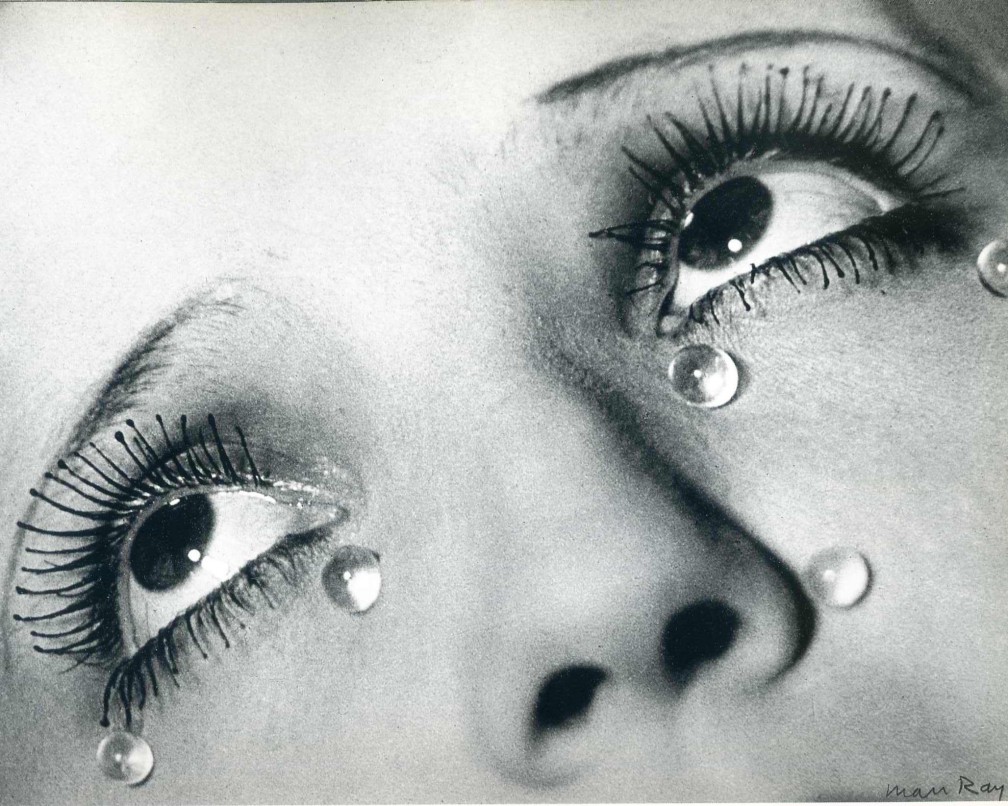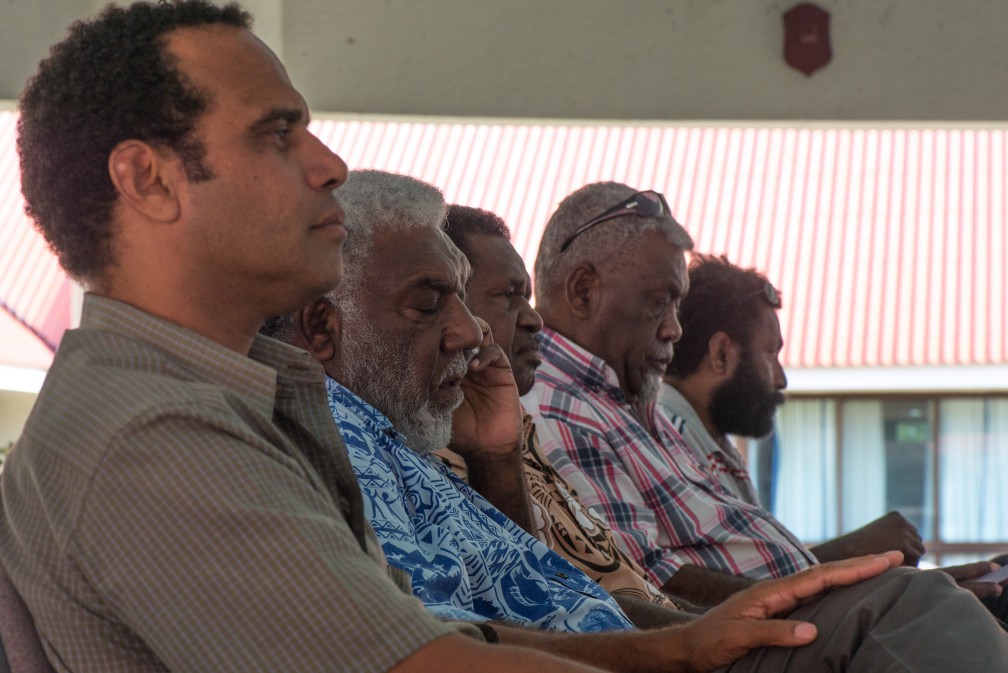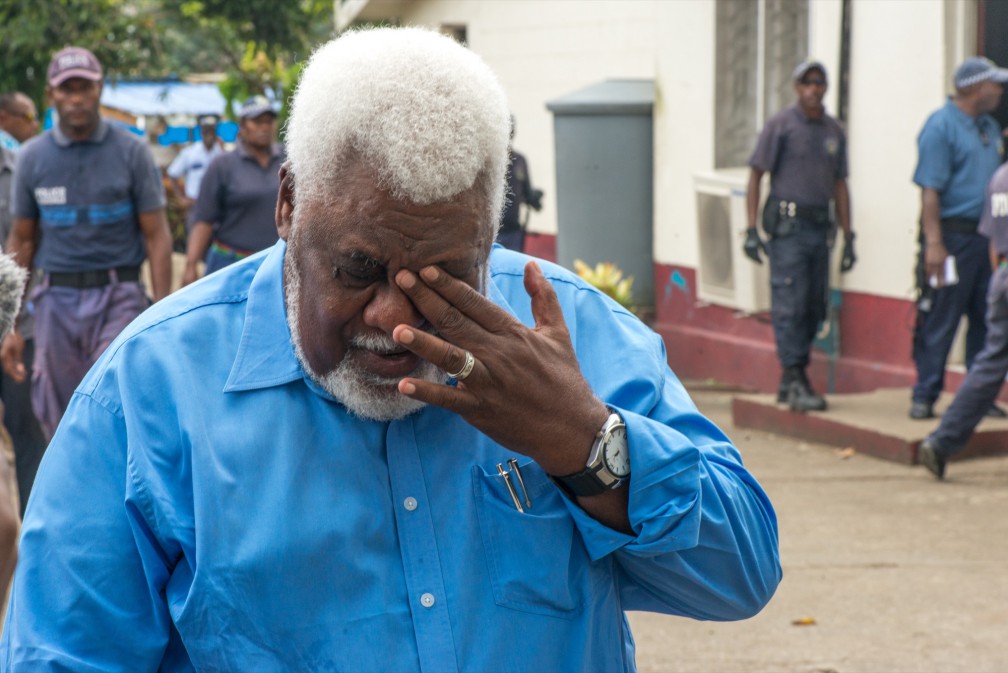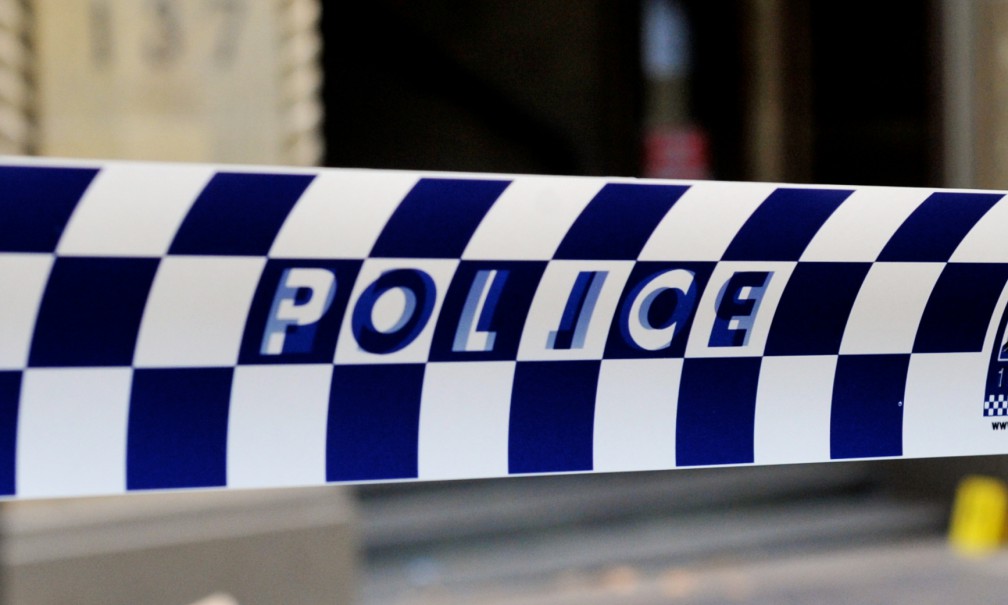Throughout Vanuatu and across the region, an outcry has arisen over our inability to keep international air travel safe. The prospect we face now—the possibility of only one remaining carrier willing to land at all, and only when the airstrip has been swept clean of debris—is a national disgrace.
It’s scandalous, too. Even knowing that our airstrip is more than half a decade past its use-by date, some were still willing to treat the airport upgrade as nothing more than a political football. Looking back over the past months, it’s hard to see if concern for traveler safety ever came into the picture.
It didn’t have to be this way. In August of 2014, the Bauerfield Airport Rehabilitation Committee, or BARC, was struck with a mandate to compile and detail the known issues concerning the airport, and to recommend a way forward.
A March 2015 report on the status of the airport, presented to the National Trade Development Committee by the Director General of the Prime Minister’s Office stated: “The runway was last resurfaced in 2000 with an estimated design life of between 8 to 10 years…. The runway pavement, the stop areas and thresholds are currently deteriorating and urgently need an overall pavement overlay.”
The biggest danger here, cited by Air New Zealand as they announced their suspension of service, is FOD – Foreign Object Damage. The new Airbus and Boeing aircraft that modern carriers use have larger, more powerful jet engines, and if one of these were to suck up even a few pebbles, the results could be disastrous. Our airstrip and approach areas are currently crumbling, creating an imminent threat of FOD.
But that’s not all. The Daily Post was recently informed that one of AVL’s most senior air traffic controllers’ contract had not been renewed. We don’t know whether this is related to the decades-old communications and navigation equipment at the site, or whether it’s a separate—and equally troubling—issue. But the combination of a lack of experienced operators and sub-standard equipment is another issue that is worrying, to say the least.
Cap all this with the fact that, if something were to happen at Bauerfield, we would be working with fire safety systems that have been found similarly lacking.
It should never have come to this. Continue reading

